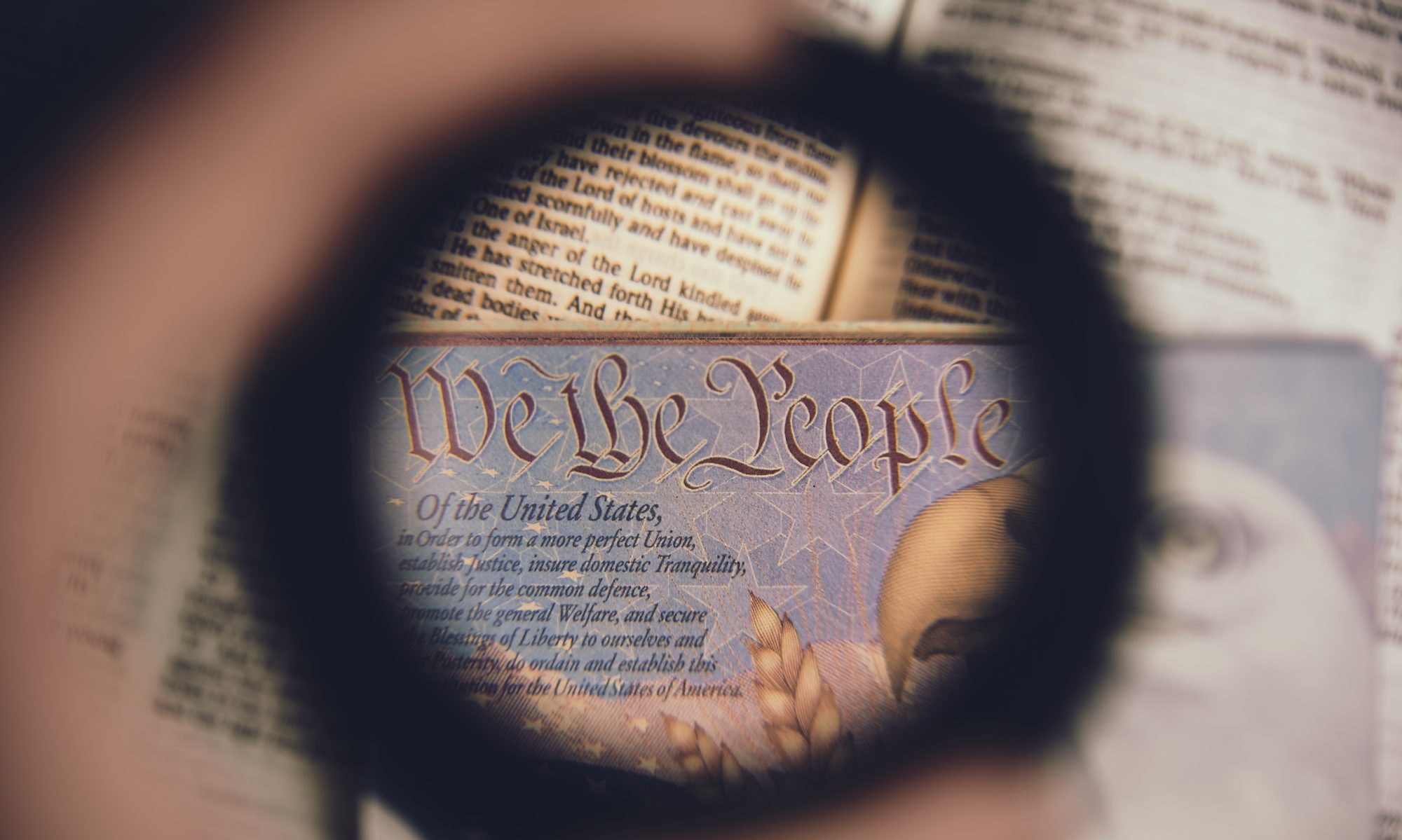By: jprivate

Three major automatic license plate reader (ALPR) companies have created a mind-boggling database of 14 billion license plates that allows law enforcement to track anyone in real-time.
The Digital Recognition Network (DRN) has a database of over 8 billion license plates and boasts about sending customers (law enforcement) live vehicle location alerts.
“If you think there is nothing you can do to automatically detect vehicles, think again. DRN’s Live Alerts, part of the DRNsights for Insurance solution, uses vehicle location data gathered from over 8 billion nationwide sightings plus the 160,000 million gathered each month, to provide alerts when vehicles are detected.”
Vigilant Solutions’ webpage has a database of over 5 billion license plates and collects a little less than DRN daily.
“We are the only ALPR provider that can offer over 5 billion nationwide detections and over 150 million more added monthly.”
Vigilant Solutions also offers customers (law enforcement) a “Mobile Hit Hunter” or hotlist feature, that tracks vehicles in real-time.
As I reported last month, Rekor Systems has a massive 30 state real-time license plate database that collects 150 million license plates every month.
But Rekor Systems does something the other ALPR companies do not. They can send law enforcement detailed descriptions of any vehicle in real-time.
“Our software upgrades any IP, traffic, or surveillance camera into a vehicle recognition solution that can be used for realtime alerting of license plates. Not only does the software read a license plate number, but it also provides vehicle type, make, and color, something the competitors cannot do.”
Rekor Systems, which is also being used by 69 countries, likely has a database of billions of people’s license plates.
Combined, these three companies alone have easily collected more than 14 billion license plates.
But why stop there? There must be other ALPR companies adding to this massive police license plate database, right?
Another ALPR company called, PlateSmart Technologies sends all their license plate data to Fusion Centers.
“Our goal is to create a collaborative network for secure data sharing for fusion centers, law enforcement, and government while adhering to ALPR industry best practices and provide a means of transparency.”
And Genetec’s “AutoVU” automatic license plate readers lets customers (law enforcement) create secret hotlists.
“AutoVu lets you manage all of your hotlists from one system and decide whether to share plate reads or hits beyond your organizational boundaries. Advanced features, including Federation and covert hotlists, empower your organization to enlist the aid of other AutoVu systems without compromising the safety or privacy of their staff and clients.“
Flock Safety, an ALPR company that makes its money by turning neighborhoods into a virtual police state, wants license plate readers on every street.
Recently residents of Jersey Village, Texas put “a camera on every street to create a virtual gate” that resulted in Flock Safety catching two vehicles on the NCIC Hot List.”
There are many smaller ALPR companies that contribute to a much larger police license plate database in the U.S., but hopefully, you get the idea. (To find more APLR companies click here & here.)
Unless something is done to stop tracking everyone’s license plates soon, we can expect the police database to grow to 20 BILLION in a few years.
What will it take for Americans to wake up and realize that license plate tracking is not about public safety? It is about creating a detailed picture of everyone’s travels.
Editors Note: This ALPR data will also likely ends up in federal databases. As reported in the Wall Street Journal, the federal government, via the Drug Enforcement Agency (DEA), tracks the location of millions of vehicles through data provided by ALPRs operated on a state and local level. They’ve engaged in this for nearly a decade, all without a warrant, or even public notice of the policy. State and local law enforcement agencies operate most of these tracking systems, paid for by federal grant money. The DEA then taps into the local database to track the whereabouts of millions of people – for the “crime” of driving – without having to operate a huge network itself. This is why it is imperative to limit state and local police access to license plate data.
This article was originally published at Massprivatei
Jprivate
I took up investigative blogging because there are very few independent reporters left in our country.
I am also a member of the Digital Fourth. (https://warrantless.org/)
